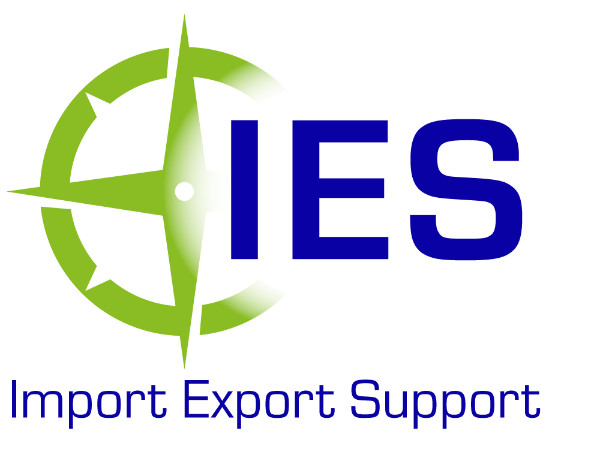Brexit – International Trade Considerations:
EU single market: In order to limit any damage to trade the UK will want to start negotiations with non-EU trade partners to preserve any existing level of preferential access UK companies currently get to their markets.
Rest of World: Many of non-EU trading partners are already have agreement with or are negotiating with the EU, it is anticipated that they would want those deals to conclude and see what kind of exit deal the UK agree with the EU before they start negotiations with the UK.
Tariffs: In the absence of an Free Trade Agreement (FTA) with the EU duty tariffs would apply to UK goods using the ‘Most Favoured Nation’ (MFN) rates. The MFN are the rates that the EU applies to all non-preferential members of the World Trade Organisation (WTO). The UK would also be bound by WTO MFN rules requiring the granting of equal market access to all WTO countries.
Trade with the EU: The UK is more reliant on exports to the EU than the rest of the EU is reliant on exports to the UK with 12.6% of UK GDP linked to exports to the EU compared with just 3.1% for the other member states. This drives the need for agreeing and FTA with EU. Two of the key affected industries are Motor and Farming.
Motor Manufacture: Without an FTA in place with the EU, (under WTO rules) UK car manufacturers would face a 10 per cent tariff when exporting to the EU. Moreover, over 40% of components purchased by UK vehicle manufacturers are from the EU as the UK could be forced to raise tariffs under WTO rules.
Farming: The EU imposes an average tariff of 14 % agricultural imports even for countries, like Norway and Switzerland that have their own special trading deals with the EU. There are much higher rates on individual items, such as dairy products with an average duty rate of 36 per cent.
For more information or help email [email protected] or send us a message through the contact us page or simply call 07710238113

